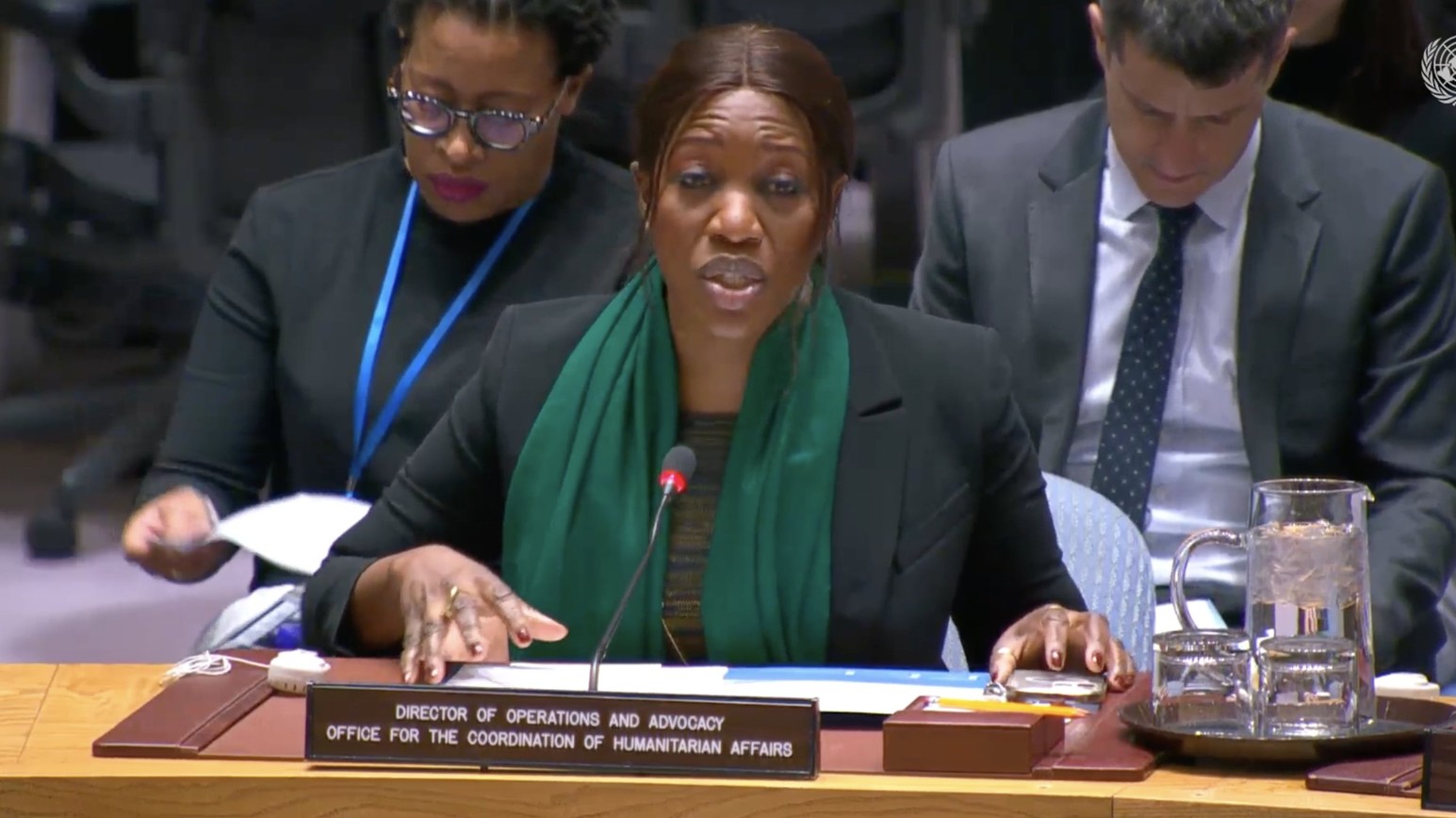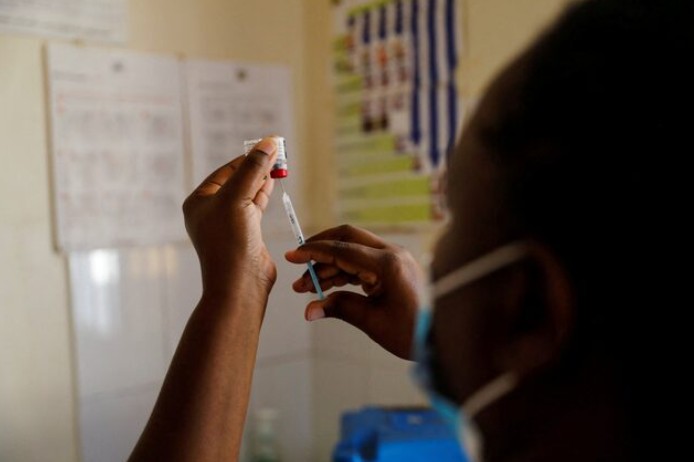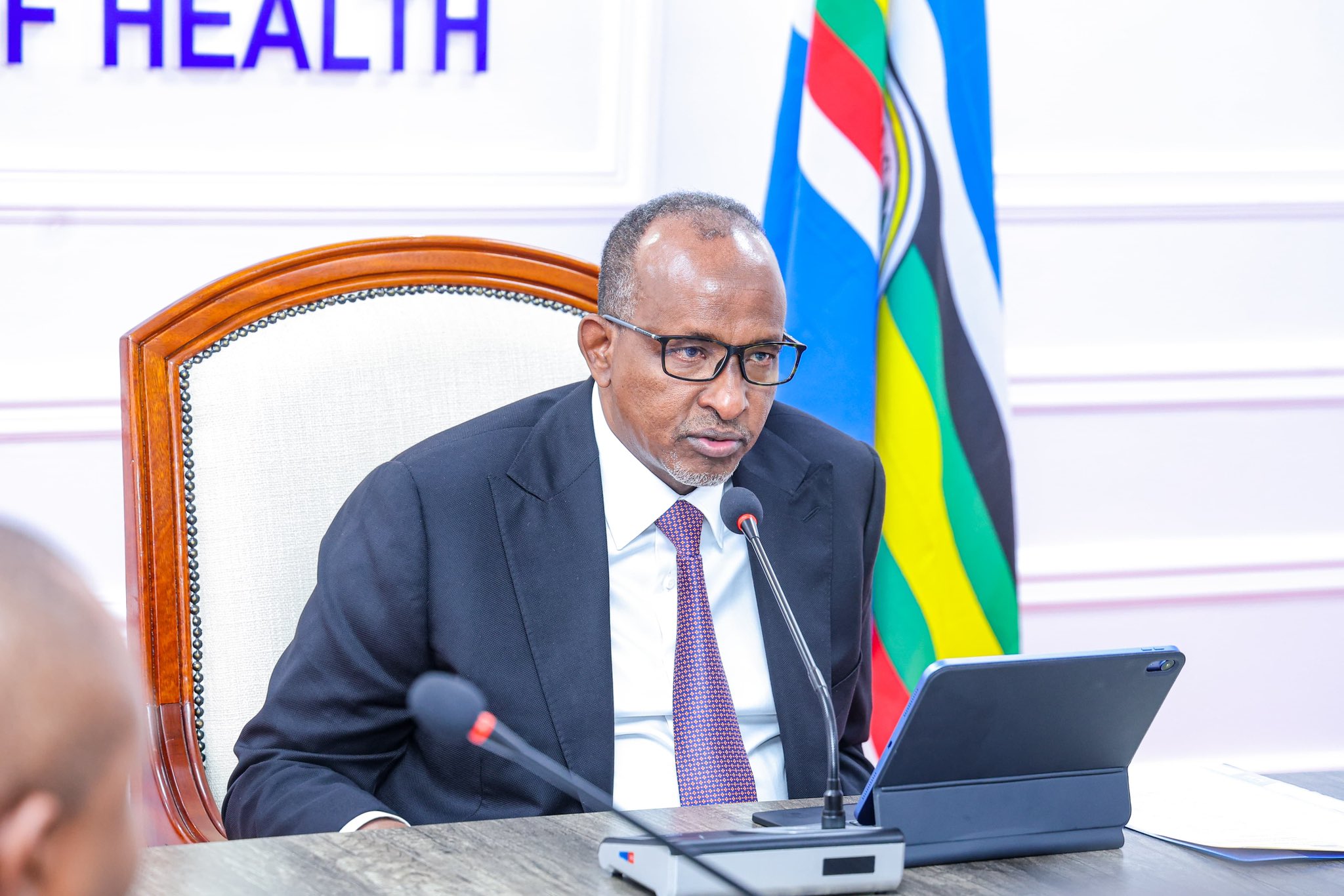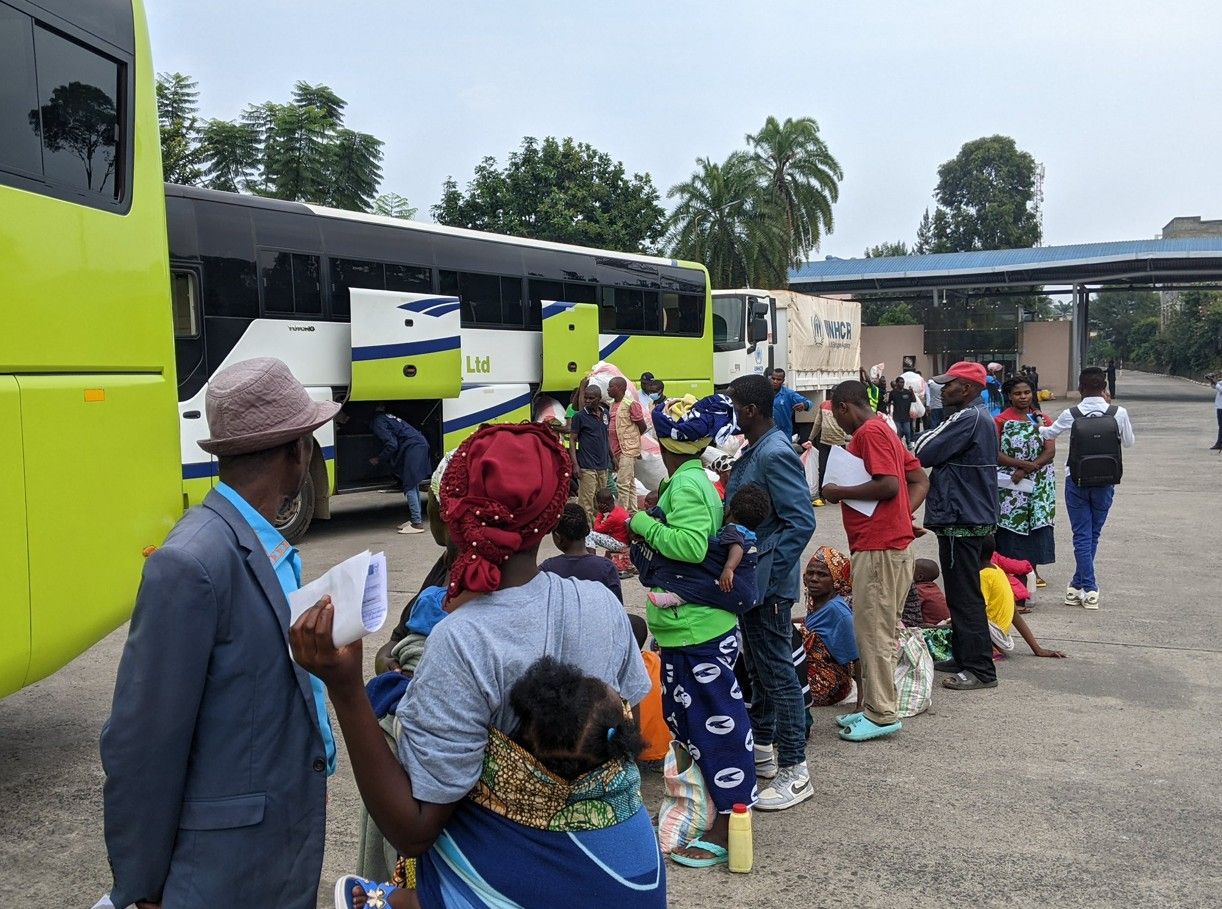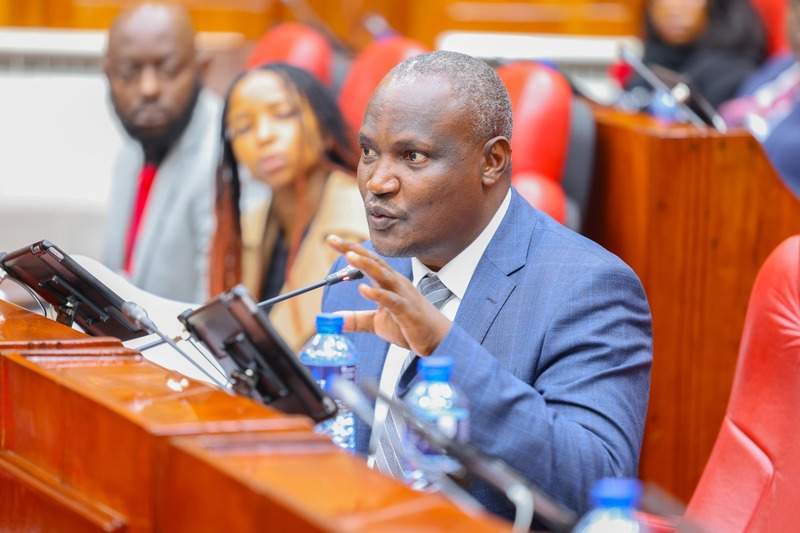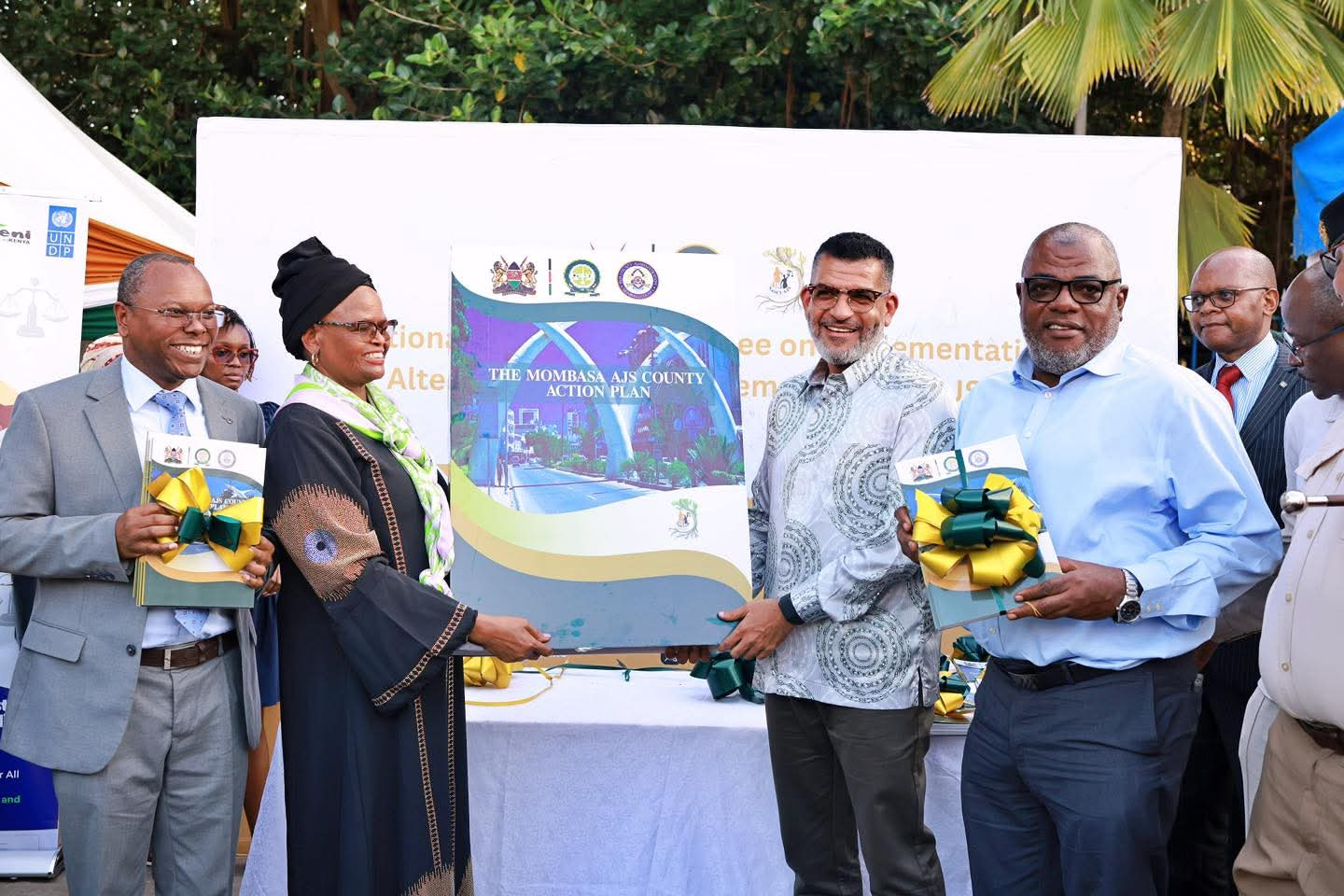Government urges universities to embed AI in all training programmes
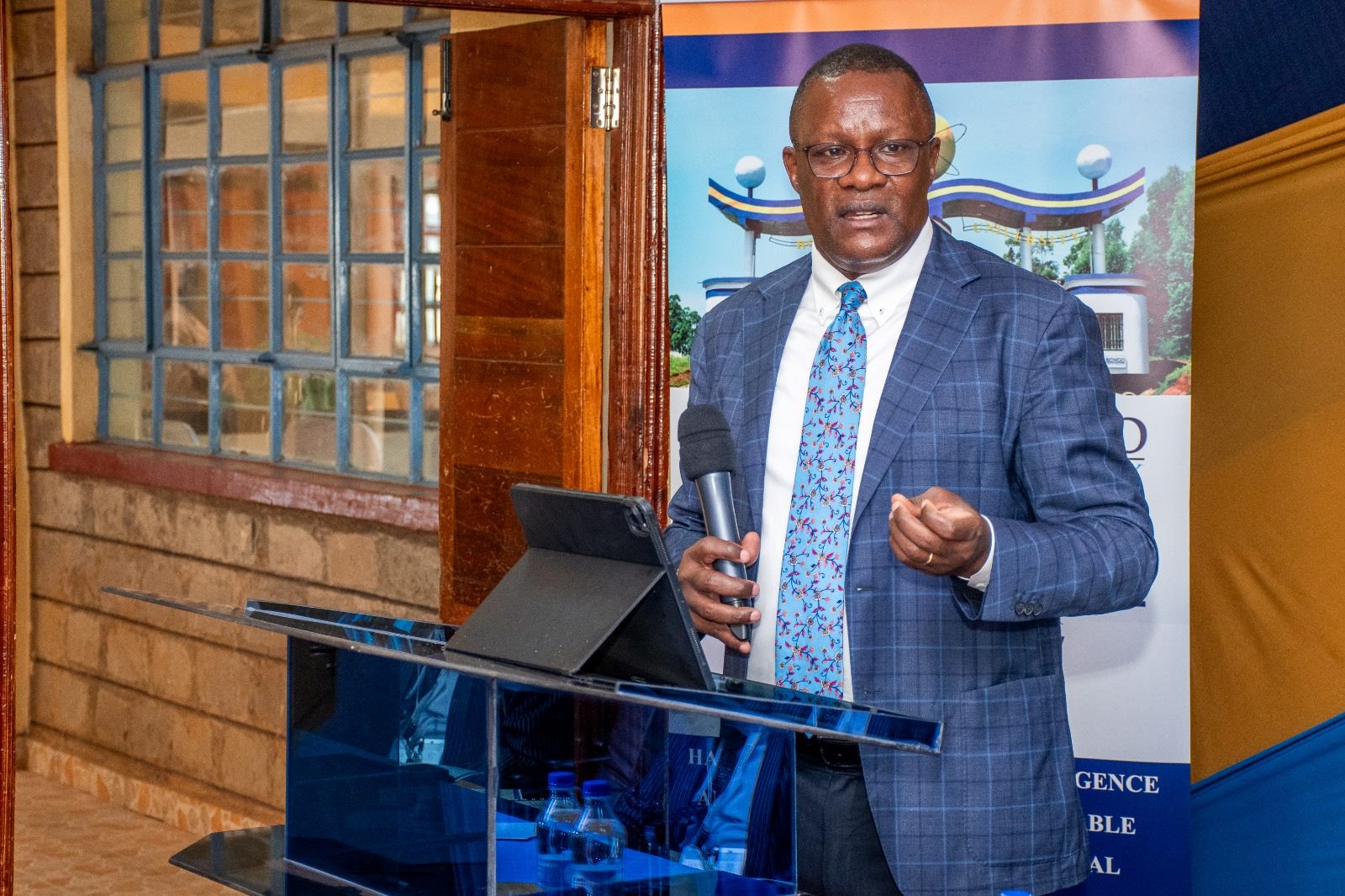
Owalo said the use of AI in agriculture has supported precision farming, and in healthcare, it enables early diagnosis and personalised treatment.
The Deputy Chief of Staff in charge of Performance and Delivery Management in the Executive Office of the President, Eliud Owalo, has called on Kenyan universities to embed Artificial Intelligence (AI) in all courses to nurture a generation of innovators who are not just consumers of global technologies but creators of uniquely African solutions.
Owalo said universities must not only teach digital skills but also lead the charge in creating homegrown, ethical, and sustainable AI solutions that address Africa's most pressing challenges.
More To Read
- AI-powered imaging technology can now detect deadly food toxins, study finds
- If AI takes most of our jobs, money as we know, it will be over. What then?
- From film to digital era: How photography in Nairobi has evolved over the decades
- How hype and Western narratives shape AI reporting in Africa, and what must change
- Kenya leads in AI innovation, policy development as Africa’s market set to triple by 2030
- Namibia launches AI-assisted learning pilot project to reach 2,500 students by 2026
Owalo stated that Kenya's AI strategy must align with the best world practices, but noted that since the technology can be abused, there should be a reasonable level of regulation, while steering clear that the regulations should not stifle innovation.
He was speaking at the Rongo University in Migori County during the opening of a two-day international multi-disciplinary conference on harnessing AI and innovation for a sustainable future and advancing global resilience.
During the forum that brought together researchers, educators, policymakers and industry experts to explore how emerging technologies can drive resilience in sectors such as agriculture, healthcare, education, and finance, Mr. Owalo called for an African-driven AI agenda grounded in ethics, inclusion, and relevance to local realities.
Owalo said the use of AI in agriculture has supported precision farming, and in healthcare, it enables early diagnosis and personalised treatment.
AI is expanding access to education and customises learning, while in disaster management, AI enhances preparedness and early warnings, according to Owalo.
"AI is no longer a distant concept, but a real-time force reshaping society. We must ask ourselves: are we preparing students just for exams, or for life? Are we teaching them to follow instructions or to solve real problems?" posed Owalo.
Owalo warned against potential risks, ranging from algorithmic bias, threats to data privacy and cybersecurity, and the deepening of digital divides (gap in digital literacy), and stressed the need for deliberate and inclusive governance frameworks.
He said Kenya's approach must always prioritise a human-centric, rights-based, and ethically anchored technological future, adding that digital transformation must uplift all Kenyans.
The official urged the stakeholders to be careful not to create a digital divide, calling on them to ensure inclusivity and universal access to digital infrastructure.
Mr. Owalo said the government is committed to enabling this vision through initiatives such as the Kenya National Digital Master Plan 2022–2032, the development of a National AI Strategy, and the establishment of digital innovation hubs nationwide.
"Kenya has long been celebrated as Africa's Silicon Savannah, a nation that embraces innovation, entrepreneurship, and digital solutions. AI, data science, and emerging technologies are now central to achieving our broader national aspirations, realising the Kenya Vision 2030, advancing the economic transformation agenda, and achieving sustainable development goals," Mr. Owalo stated.
"Let us ensure that AI bridges rather than widens our social divides," Owalo said. "Together, let us harness AI and innovation to drive a future that is sustainable, resilient, and inclusive for all. The future belongs to those who shape it. Let us shape it with integrity, inclusivity, and the audacity to dream beyond borders."
Top Stories Today



